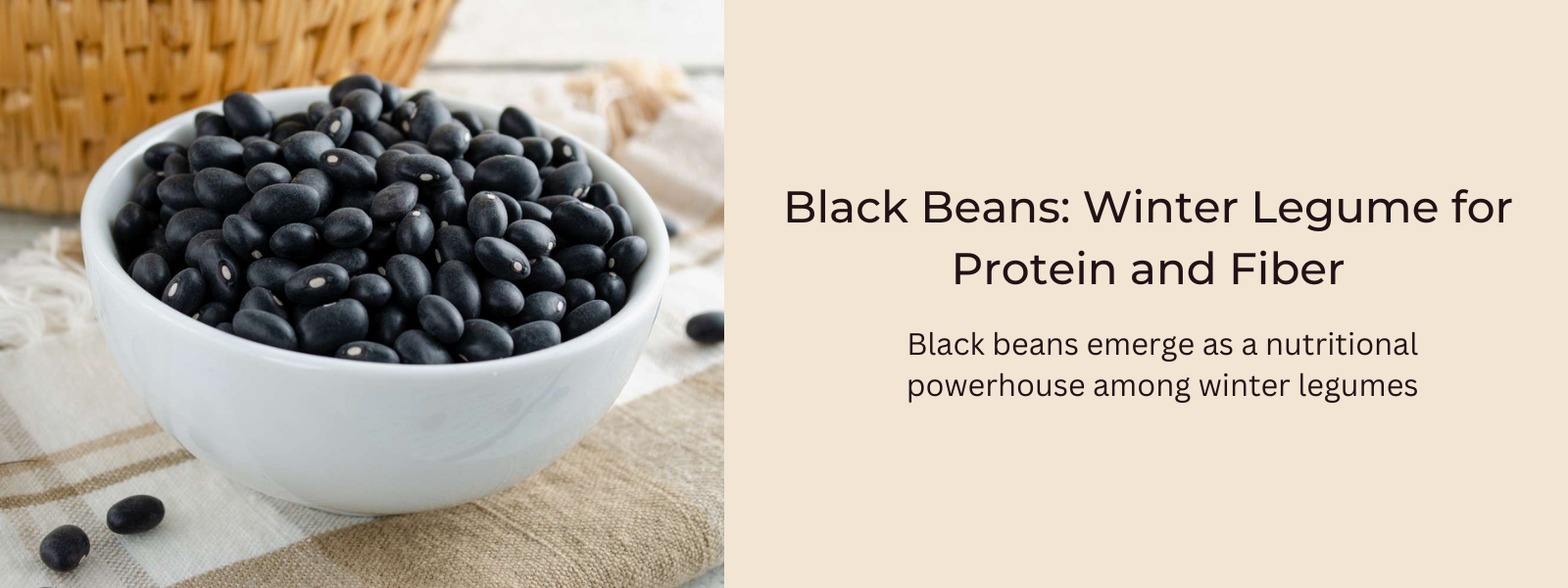Yogurt emerges as a powerhouse during winter, revered for its probiotic richness that champions gut health. Bursting with live active cultures, yogurt harbors probiotics like Lactobacillus and Bifidobacterium strains, crucial for nurturing a balanced gut microbiome. As winter brings increased vulnerability to seasonal ailments, yogurt's probiotic content bolsters the immune system, promoting a resilient defense against infections. Not only does it support digestive health by aiding in lactose digestion and regulating bowel movements, but yogurt also serves as a versatile dietary addition, packed with essential nutrients like calcium, protein, and B vitamins. Whether enjoyed plain, flavored, or incorporated into various dishes, yogurt remains a go-to ally for maintaining optimal gut health during the winter months, offering a nourishing boost to overall well-being.
Table of Contents
What Is Yogurt?
Yogurt is a dairy product made from fermented milk, typically cow's milk, but it can also be made from goat's milk, sheep's milk, or plant-based alternatives like soy, almond, or coconut milk. It's produced by adding specific bacterial cultures, primarily Lactobacillus bulgaricus and Streptococcus thermophilus, to the milk, which ferment the lactose (milk sugar), turning it into lactic acid.
Key Features of Yogurt:
- Probiotics: Yogurt contains live active cultures, or probiotics, which are beneficial bacteria that support gut health by maintaining a healthy balance of microorganisms in the digestive system.
- Rich in Nutrients: It's a good source of several essential nutrients like calcium, protein, vitamin B12, riboflavin (B2), phosphorus, and potassium, contributing to bone health, energy production, and overall wellness.
- Protein Content: Yogurt is a rich source of protein, essential for muscle repair, growth, and overall body function.
- Calcium: It provides calcium, crucial for bone health, teeth strength, and muscle function.
- Digestive Health: The probiotics in yogurt may help regulate digestion and support a healthy gut by aiding in the breakdown of lactose and supporting regular bowel movements.
- Versatility: Yogurt is versatile and can be consumed plain, flavored, or used in cooking and baking, making it an adaptable ingredient in various cuisines and dishes.
Yogurt: Probiotic-Rich Dairy for Winter Gut Health
Yogurt is often regarded as a go-to choice for winter, especially for its probiotic content that benefits gut health during the colder months. Here's why:
- Probiotic Properties: Yogurt contains live active cultures, primarily probiotics like Lactobacillus and Bifidobacterium strains, which aid in maintaining a healthy balance of gut bacteria. This balance is essential for a robust immune system, particularly during winter when illnesses are more prevalent.
- Supports Immune Function: A significant portion of the immune system resides in the gut. Probiotics in yogurt help regulate the gut flora, fostering a healthy immune response and potentially reducing the severity and duration of winter-related infections.
- Digestive Health: The probiotics in yogurt support digestion and assist in alleviating digestive issues such as bloating, constipation, or diarrhea, which can sometimes occur due to dietary changes or seasonal indulgences during winter.
- Nutrient-Rich: Apart from probiotics, yogurt is a rich source of calcium, protein, vitamins like B12 and riboflavin, and minerals, contributing to overall nutritional intake during the winter months.
- Versatile in Culinary Use: Yogurt is versatile and can be consumed as is, or used in various dishes like smoothies, soups, sauces, or as a topping for granola or fruit, making it an adaptable addition to the winter diet.
- Soothing and Hydrating: Yogurt's cooling properties can provide relief for minor winter-related ailments, and its hydrating nature can be beneficial during the drier winter season.
Incorporating yogurt into your winter diet can offer a range of benefits, supporting gut health, bolstering the immune system, and contributing to overall well-being during the colder months.
Can Consuming Curd in Winter Increase The Chance Of Catching Cold?
Eating yogurt, specifically consuming cold or chilled foods, might make some individuals feel slightly cooler temporarily, especially if they're sensitive to temperature changes. However, this effect is usually mild and doesn't significantly lower body temperature to the extent that it leads to catching a cold.
Cold or chilled foods, including yogurt, can create a brief sensation of feeling cooler due to the contrast in temperature with the body. However, it doesn't directly cause colds or illnesses. Colds are caused by viruses, not by exposure to cold temperatures or consuming cold foods.
If someone feels particularly sensitive to cold temperatures during winter, they may opt for room temperature or slightly warmed yogurt instead of eating it chilled. This can help mitigate the sensation of feeling colder after consumption. Nonetheless, eating yogurt, even when cold, doesn't directly cause or increase the risk of catching a cold.
Common Use Of Yogurt In Indian Cuisines:
Yogurt is a widely used ingredient in various Indian cuisines, contributing to the richness and flavor of numerous dishes. It serves as a versatile component in both savory and sweet preparations.
In Indian cooking, yogurt is commonly used in:
- Curries and Gravies: Yogurt is a key ingredient in many Indian curries, such as Chicken Tikka Masala, Butter Chicken (Murgh Makhani), and various vegetarian dishes like Palak Paneer (spinach with cottage cheese) or Kadhi (a yogurt-based curry).
- Marinades: Yogurt-based marinades are used in dishes like Tandoori Chicken, where chicken is marinated in a mixture of yogurt and spices before cooking, resulting in tender and flavorful meat.
- Raita: Raita, a yogurt-based side dish, often contains chopped vegetables like cucumbers, tomatoes, or onions, seasoned with spices. It's served as a cooling accompaniment to spicy dishes.
- Desserts: Yogurt lends its tanginess to sweet dishes like Shrikhand (sweet strained yogurt dessert), Lassi (a sweet or salty yogurt-based drink), and some variations of Indian sweets like Sandesh or Mishti Doi.
- Breads: In some regions, yogurt is used in bread-making, such as in Naan or Paratha recipes, where it adds softness and slight tanginess to the dough.
Yogurt's creamy texture and tangy flavor make it a versatile ingredient in Indian cuisine, used for its ability to tenderize meats, balance spicy flavors, and add richness to both savory and sweet dishes.
Ways To Incorporate Yogurt In Daily Diet:
Yogurt is a versatile ingredient that can be easily incorporated into various recipes. Here are several ways to include yogurt in your daily meals:
- Smoothies and Breakfast Bowls: Blend yogurt with fruits, vegetables, and a liquid base like milk or juice to create creamy and nutritious smoothies. Use yogurt as a topping for breakfast bowls along with granola, nuts, and fruits for added flavor and texture.
- Marinades and Dressings: Use yogurt as a base for marinades, especially for meats like chicken or lamb. Mix yogurt with herbs, spices, and citrus juice to marinate meat before grilling or roasting. Also, make creamy salad dressings by combining yogurt with herbs, garlic, lemon juice, or vinegar.
- Curries and Stews: Incorporate yogurt into curries and stews to add creaminess and a hint of tanginess. It's commonly used in Indian cuisine to create flavorful and rich gravies for both vegetarian and non-vegetarian dishes.
- Baking and Cooking: Use yogurt in baking recipes, such as cakes, muffins, and bread. It can replace some of the fats or liquids in recipes while adding moisture and a subtle tangy flavor. Yogurt can also be used as a substitute for sour cream or mayonnaise in recipes like dips or spreads.
- Raita and Side Dishes: Prepare raita, a yogurt-based side dish, by mixing yogurt with chopped vegetables like cucumber, tomatoes, or onions. Season with spices like cumin, mint, or coriander for a refreshing side accompaniment.











Leave a comment